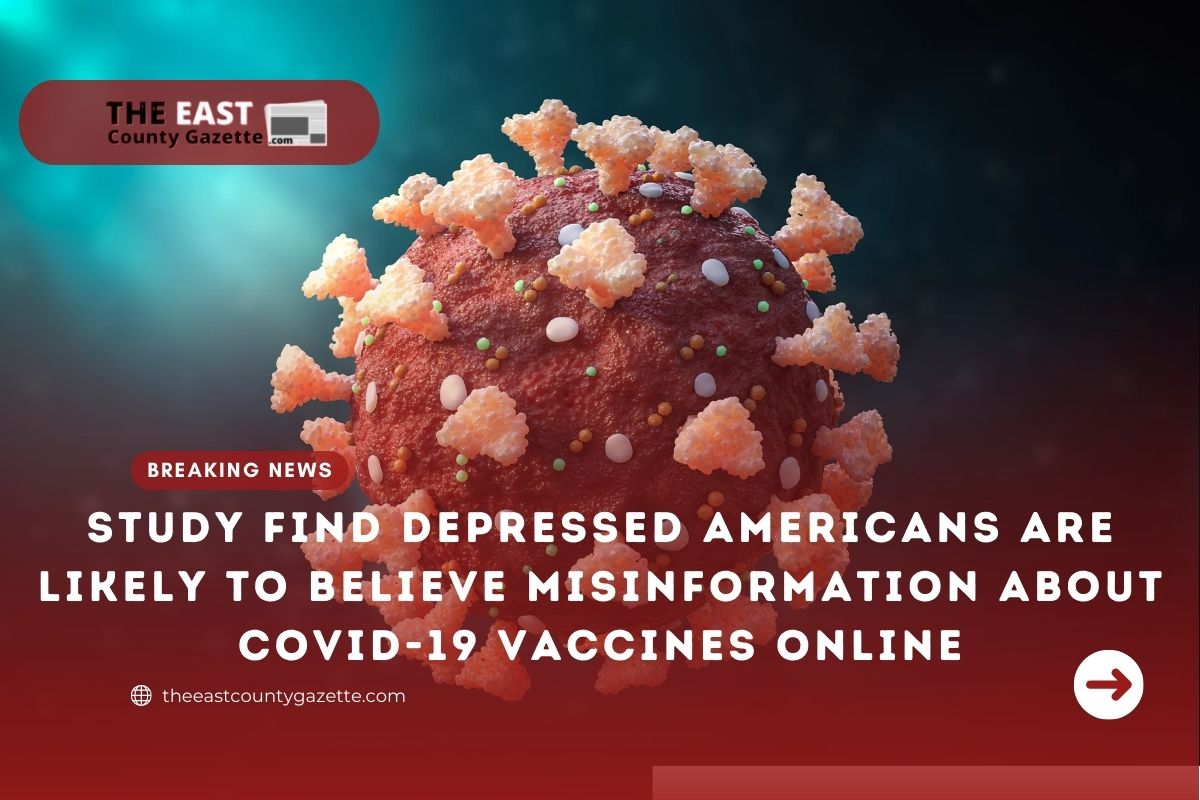Depression may make people more vulnerable to misinformation about COVID-19 vaccines found online, a new study in JAMA Network Open found.
UPI reported the study entailed 15,000 adults aged 18 and older revealed that people with major depressive disorder were 2 times more likely than others to endorse at least one statement that included misinformation about vaccines.
Participants who endorsed one or more statements of vaccine misinformation were 60% less likely to get vaccinated.
The researchers found that those who described themselves as resistant to vaccinations were nearly 3 times more likely to be resistant to vaccinations.
“Depression appears to make people more susceptible to absorbing misinformation, at least about the COVID vaccine,” said study co-author Dr. Roy Perlis to UPI.
Those findings are “just another reminder that we need to do better in ensuring people can get treatment if they need it,” said Roy Perlis, director of the Massachusetts General Hospital’s Center for Quantitative Health.
According to the National Institute of Mental Health, depression is defined as having a low mood, a lack of self-esteem, and losing interest in daily activities for at least two weeks in a row.
The Centers for Disease Control and Prevention estimated that the percentage of Americans reporting depressive symptoms rose by 17% in 2020-21, during the peak of the COVID-19 pandemic.
As defined by the American Psychological Association, misinformation refers to any inaccurate statements or descriptions.
The survey also included examples of misinformation such as, “The COVID-19 vaccines contain the lung tissue of aborted fetuses” and “The COVID-19 vaccines can cause infertility, making it more difficult to get pregnant,” researchers noted.
The data showed that 27% of 15 464 respondents had moderate or severe depressive symptoms, and 19% of those agreed with at least one misinformation statement offered by the researchers.
“People who are depressed can sometimes see the world with dark- rather than rose-colored glasses — that is, they can have a bias toward paying attention to negative over positive information,” Perlis stated.
“So, depression can put a finger on the scale, changing how people make decisions about vaccination,” he continued.
Read More: 2 Significant Social Security Changes You Should Be Aware Of This Month
According to Perlis, believing misinformation about vaccines does not mean a person is suffering from a mental illness.
On the contrary, misinformation should be treated as a threat to everyone, not just people with depressive symptoms.
“We are constantly exposed to misinformation online, particularly on social media, and elsewhere,” said John W. Ayers, co-founder of the Center for Data Driven Health at the Qualcomm Institute at the University of California, San Diego, in an interview with UPI.
“Misinformation existed before the pandemic, so this is not a new problem, and it is important that we see it as a threat to all of us, not just certain people,” Ayers said after researching the topic.

